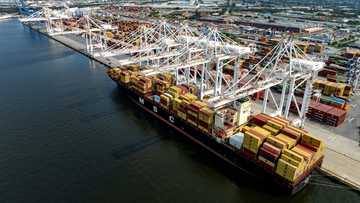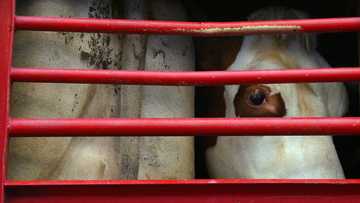Myanmar scam centres booming despite crackdown, using Musk's Starlink: AFP investigation
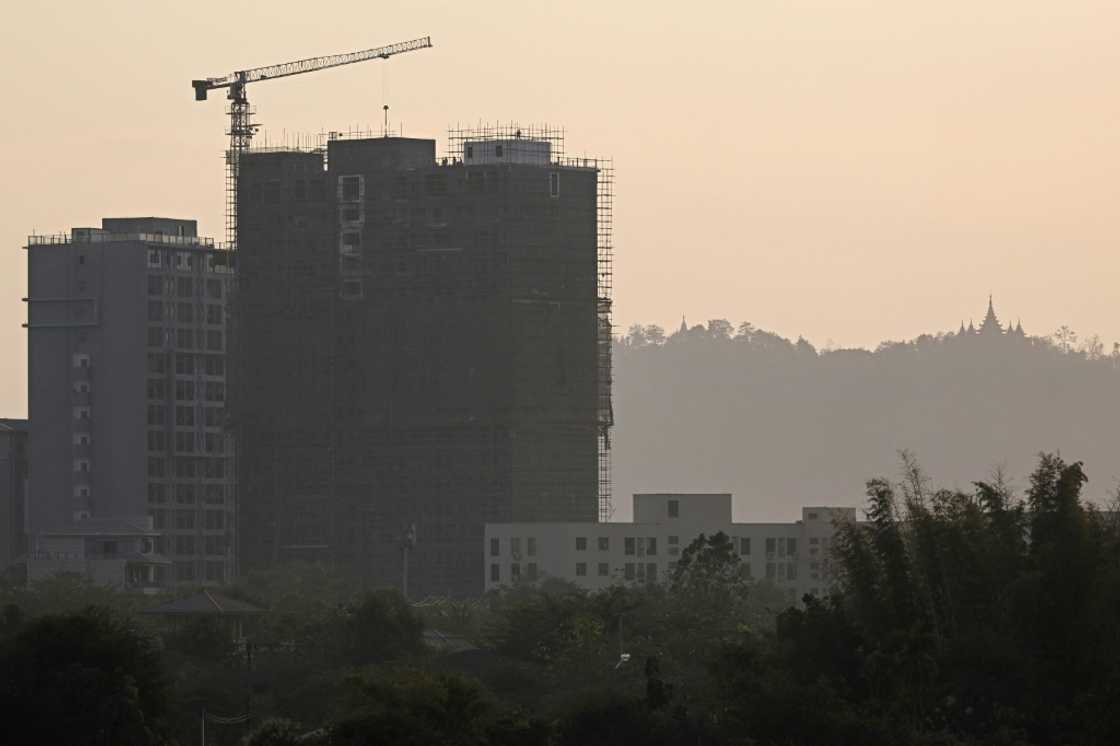
Source: AFP
Scam centres in Myanmar blamed for swindling billions from victims across the world are expanding fast just months after a crackdown that was supposed to eradicate them, an AFP investigation has found.
New buildings have been springing up inside the heavily guarded compounds around Myawaddy on the Thailand-Myanmar border at a dizzying pace, with others festooned with dishes for Elon Musk's Starlink internet service, satellite images and AFP drone footage show.
The revelations come as Britain and the United States imposed sanctions Tuesday on the "masterminds behind industrial-scale scam centres in Southeast Asia", freezing 19 London properties "linked to a multi-billion-pound network".
They include a mansion worth £12 million (nearly $16 million) on one of London's most expensive streets and a £100 million office building in the city's financial district.
US prosecutors have also launched an action to seize up to $15 billion in cryptocurrency they said is held by Chinese-born Chen Zhi, the alleged head of a "sprawling cyber-fraud empire" based in Cambodia where workers are trafficked and "confined in prison-like compounds".
Americans are among the top targets of Southeast Asia scammers, the US Treasury Department says, losing an estimated $10 billion last year, up 66 percent in 12 months.
The centres have caused misery to millions of people across the world, pushing some victims to suicide, while the families of those who work in them often have to pay to have relatives freed.
Experts say most of the centres in Myanmar and Cambodia, notorious for their romance scams and "pig butchering" investment cons, are run by Chinese-led crime syndicates that have switched from gambling into cybercrime.
Starlink has gone from nowhere at the time of the Myanmar crackdown in February, when Thailand cut power and internet cables to the scam centres along its border, to becoming the country's biggest internet provider every day from July 3 until October 1, according to data from the APNIC Asian regional internet registry.
The US Congress Joint Economic Committee told AFP it had opened an investigation into Starlink's involvement with the centres.
SpaceX, which owns Starlink, did not reply to AFP requests for comment.
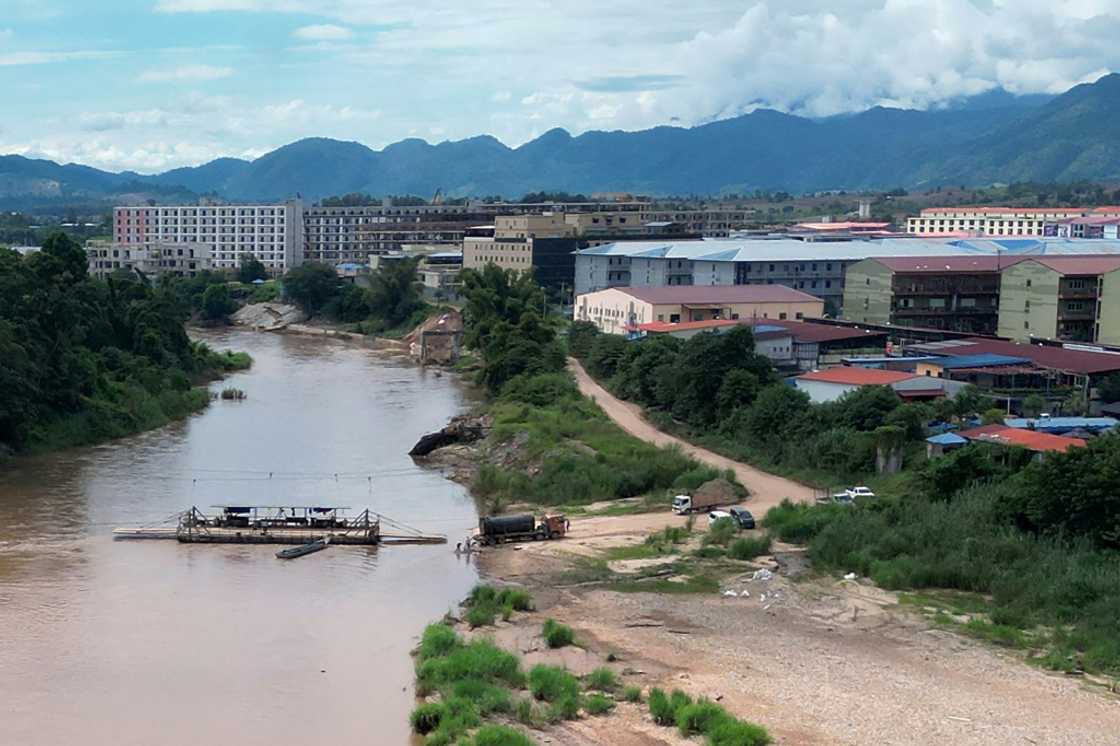
Source: AFP
China, Thailand and Myanmar forced pro-junta Myanmar militias who protect the centres into promising to "eradicate" the compounds in February. They freed around 7,000 people -- most Chinese citizens -- from the brutal call centre-style system, which the United Nations says runs on forced labour and human trafficking.
Many workers told AFP they were beaten and forced to work long hours by bosses who target victims across the globe with telephone, internet and social media cons.
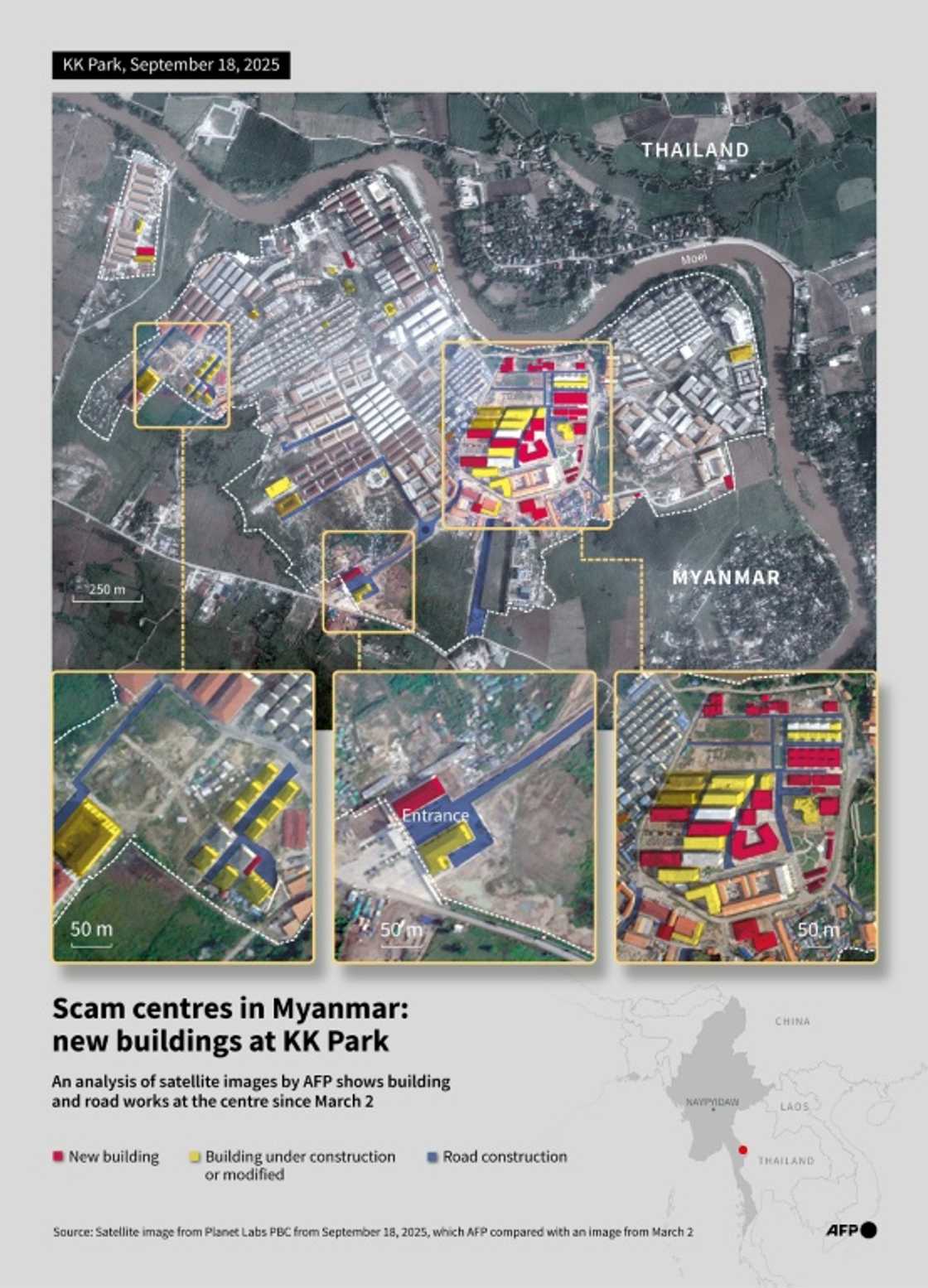
Source: AFP
Only weeks after the headline-grabbing releases, building work on several of the centres had started along the Moei River, which forms the frontier with Thailand.
AFP analysis of satellite images from Planet Labs PBC found dozens of buildings going up or being altered in the largest of the compounds, KK Park, between March and September.
Construction work has also been going on at several of the other 27 suspected scam centres in the Myawaddy cluster, an AFP analysis found, including what the US Treasury called the "notorious" Shwe Kokko centres, north of Myawaddy.
'Abhorrent'
Last month, the US imposed sanctions on nine people connected to Shwe Kokko and the Chinese criminal kingpin She Zhijiang, founder of the multistorey Yatai New City centre there.
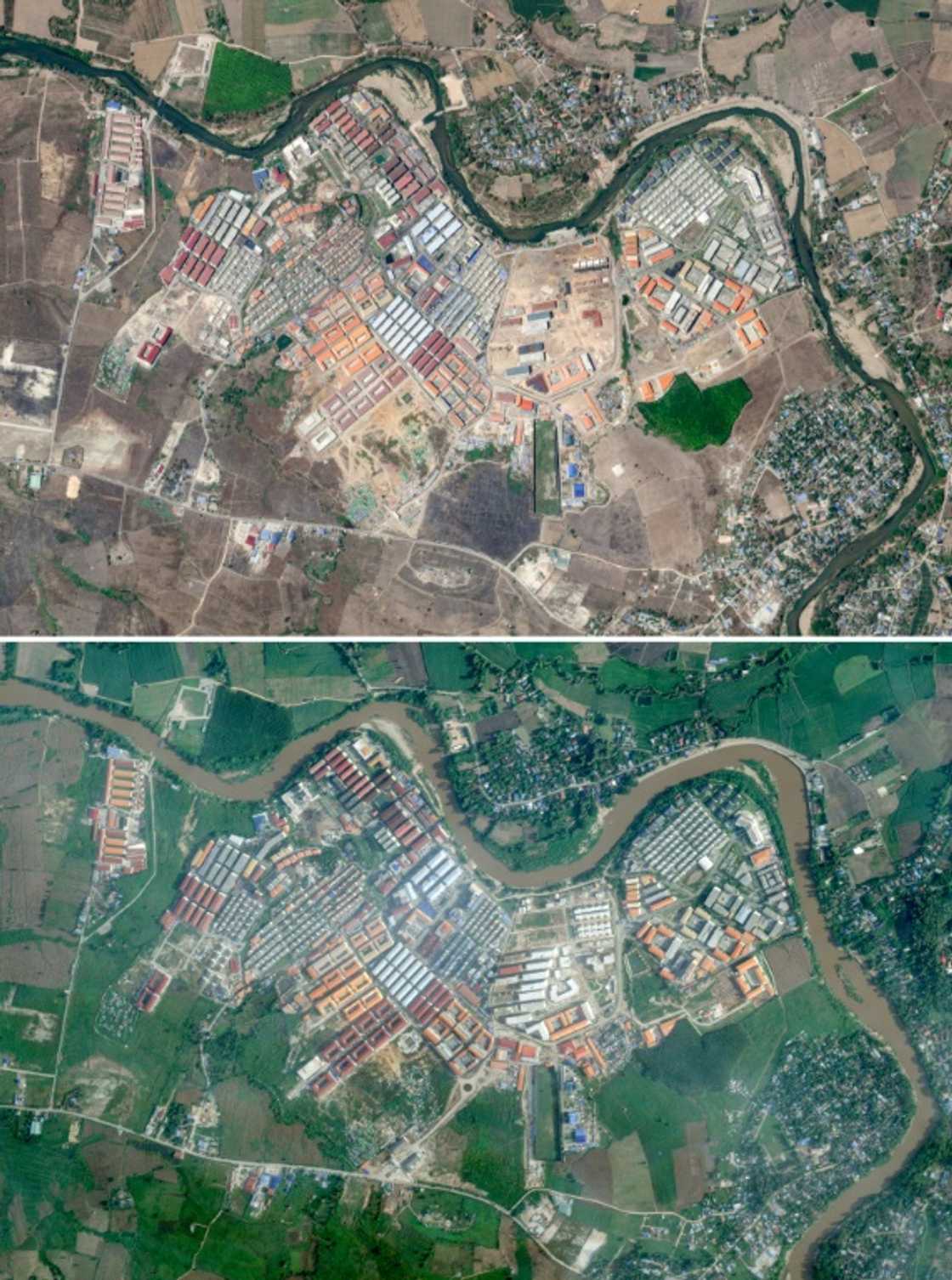
Source: AFP
Senator Maggie Hassan, the leading Democrat on the US Congressional committee, has called on Musk to block the Starlink service to the fraud factories.
"While most people have probably noticed the increasing number of scam texts, calls, and emails, they may not know that transnational criminals halfway across the world may be perpetrating these scams by using Starlink internet access," Hassan said.
She wrote to Musk in July demanding answers to 11 questions about Starlink's role.
Erin West, a former California prosecutor who now heads the Operation Shamrock group that campaigns against the centres, said: "It is abhorrent that an American company is enabling this to happen."
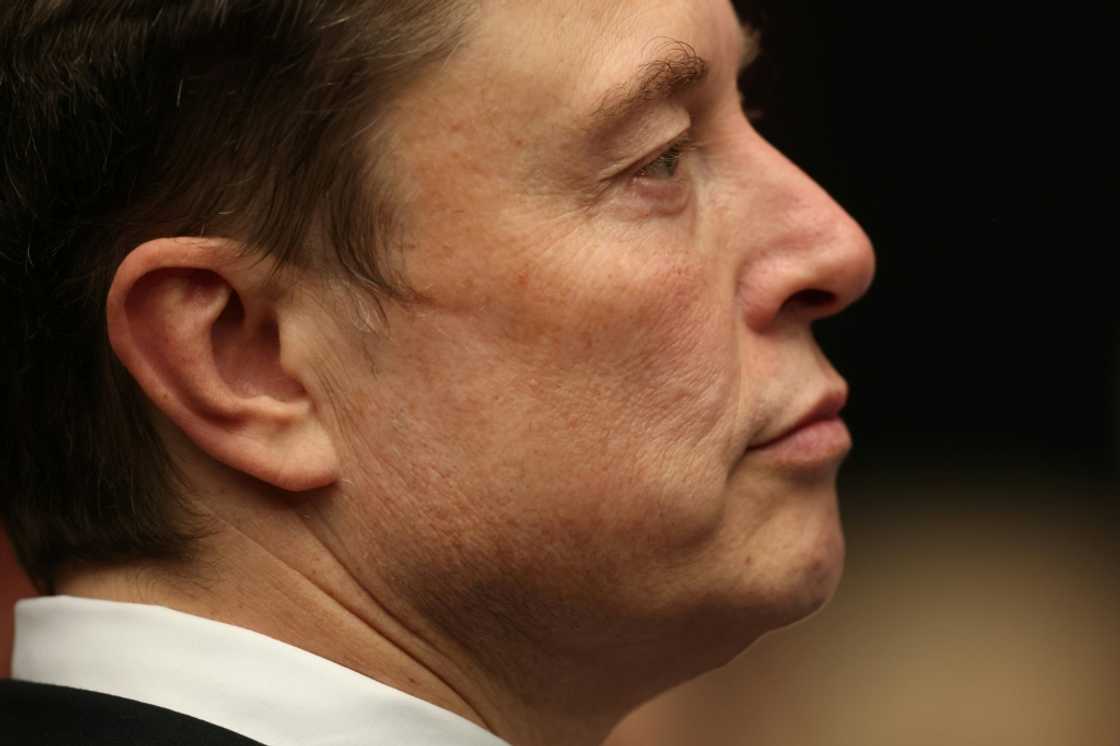
Source: AFP
While still a cybercrime prosecutor, she warned Starlink in July 2024 that the mostly Chinese crime syndicates that run the centres were using its service, but received no reply.
Up to 120,000 people may be being "forced to carry out online scams" in the Myanmar centres, according to a UN report in 2023, with another 100,000 held in Cambodia.
South Korea President Lee Jae Myung said Tuesday that he was concerned by the "significant harm" being done by the centres amid the shock over the death of a Korean student who police said was tortured and killed after being kidnapped in Cambodia.
Other Koreans have also been abducted. "The numbers are not small, and many of our citizens are deeply concerned about their family members," Lee said.
Source: AFP

